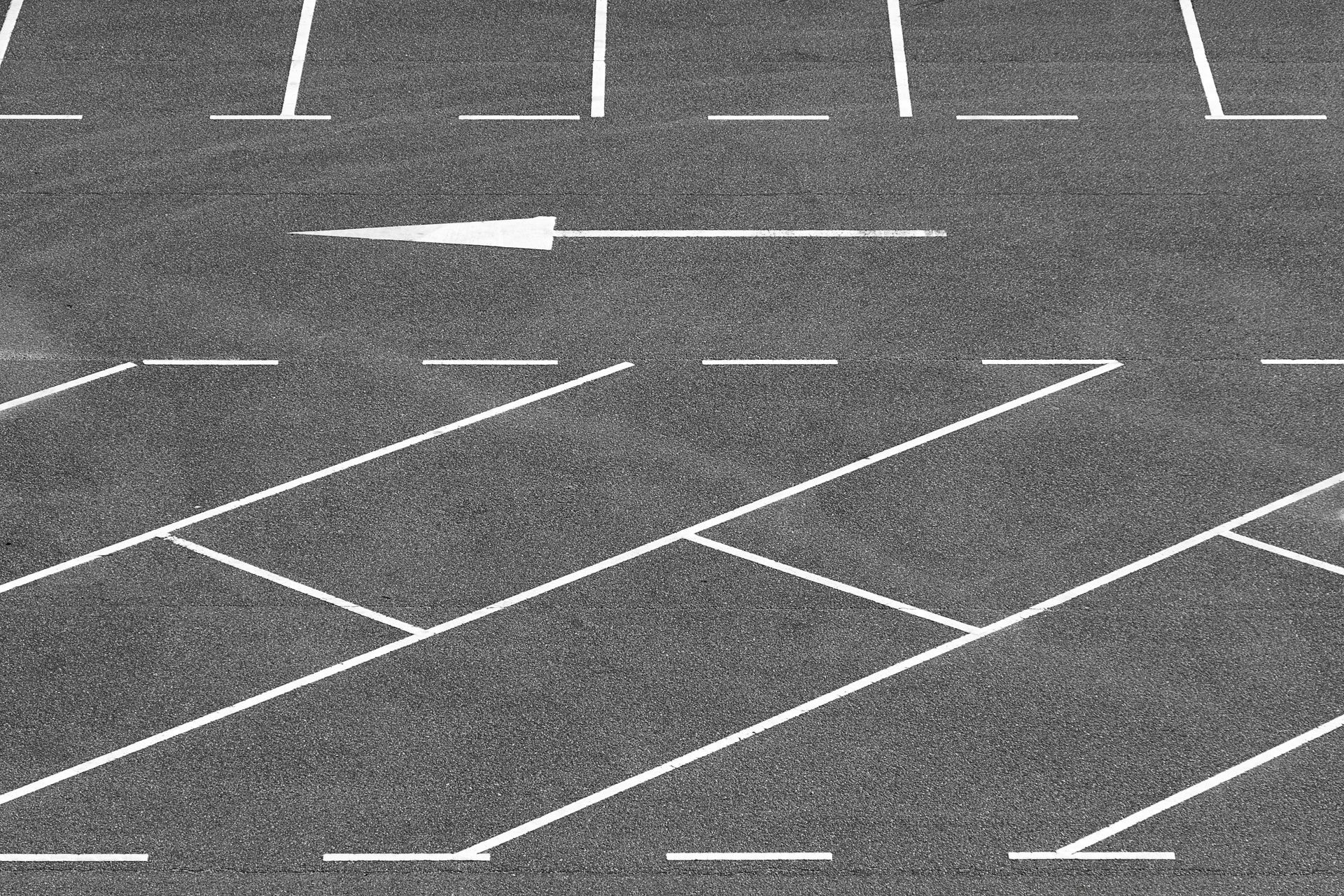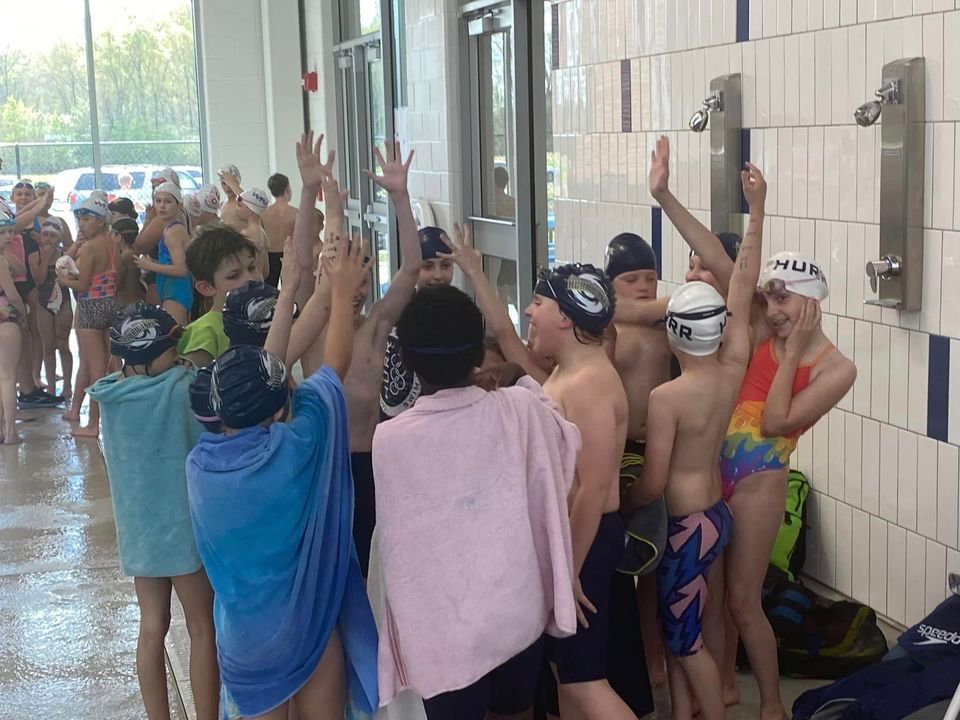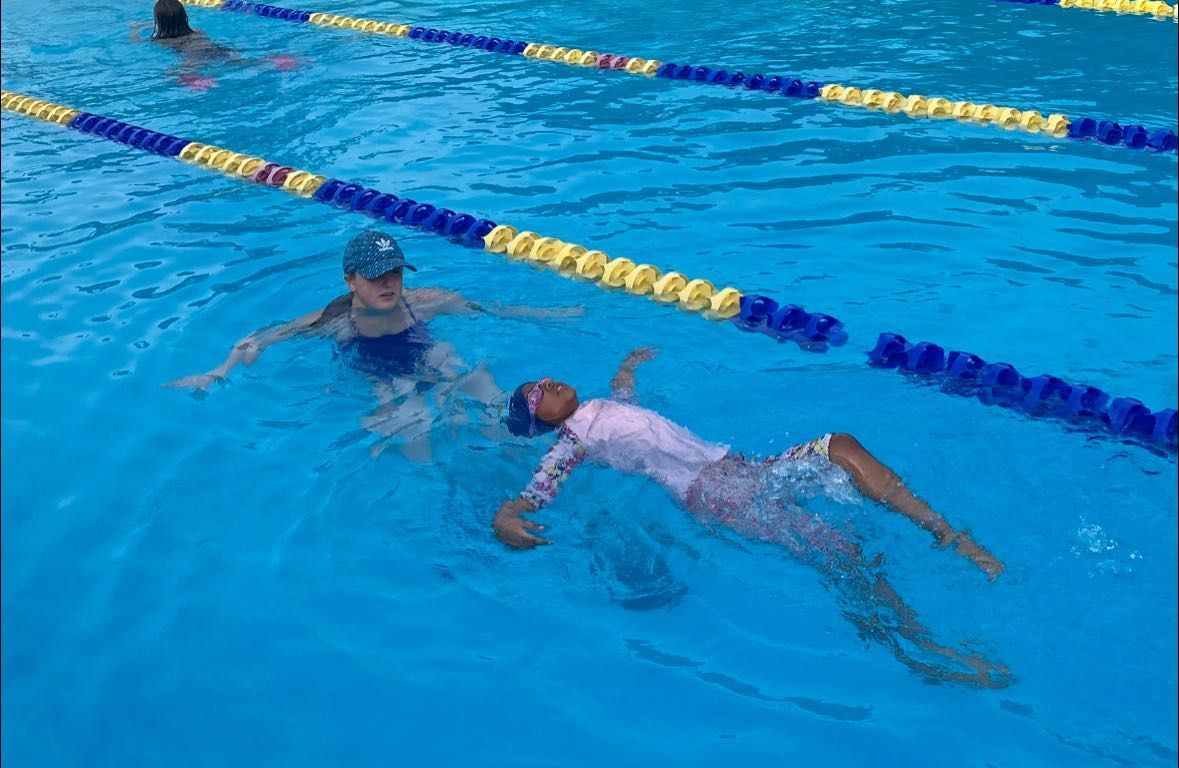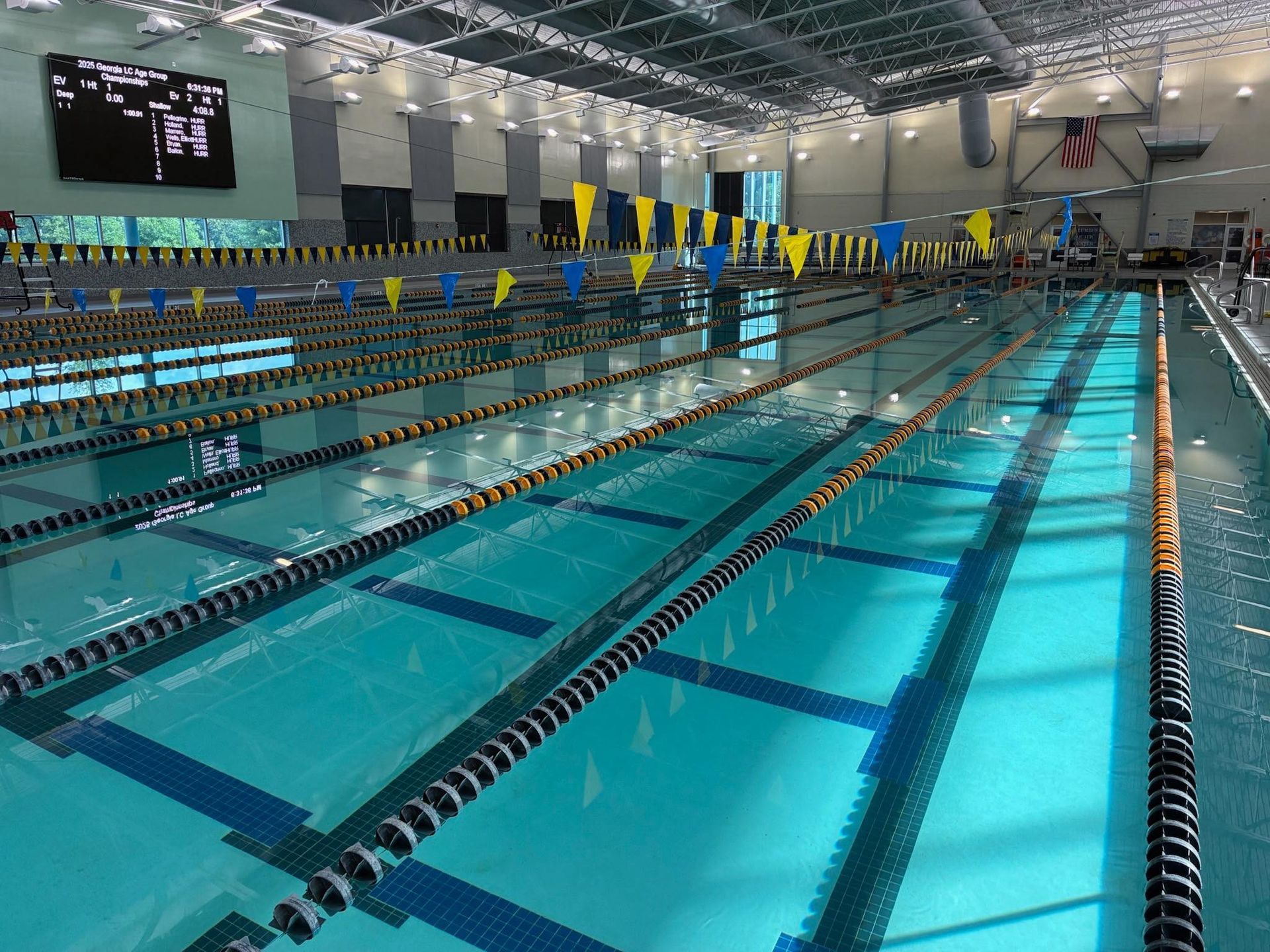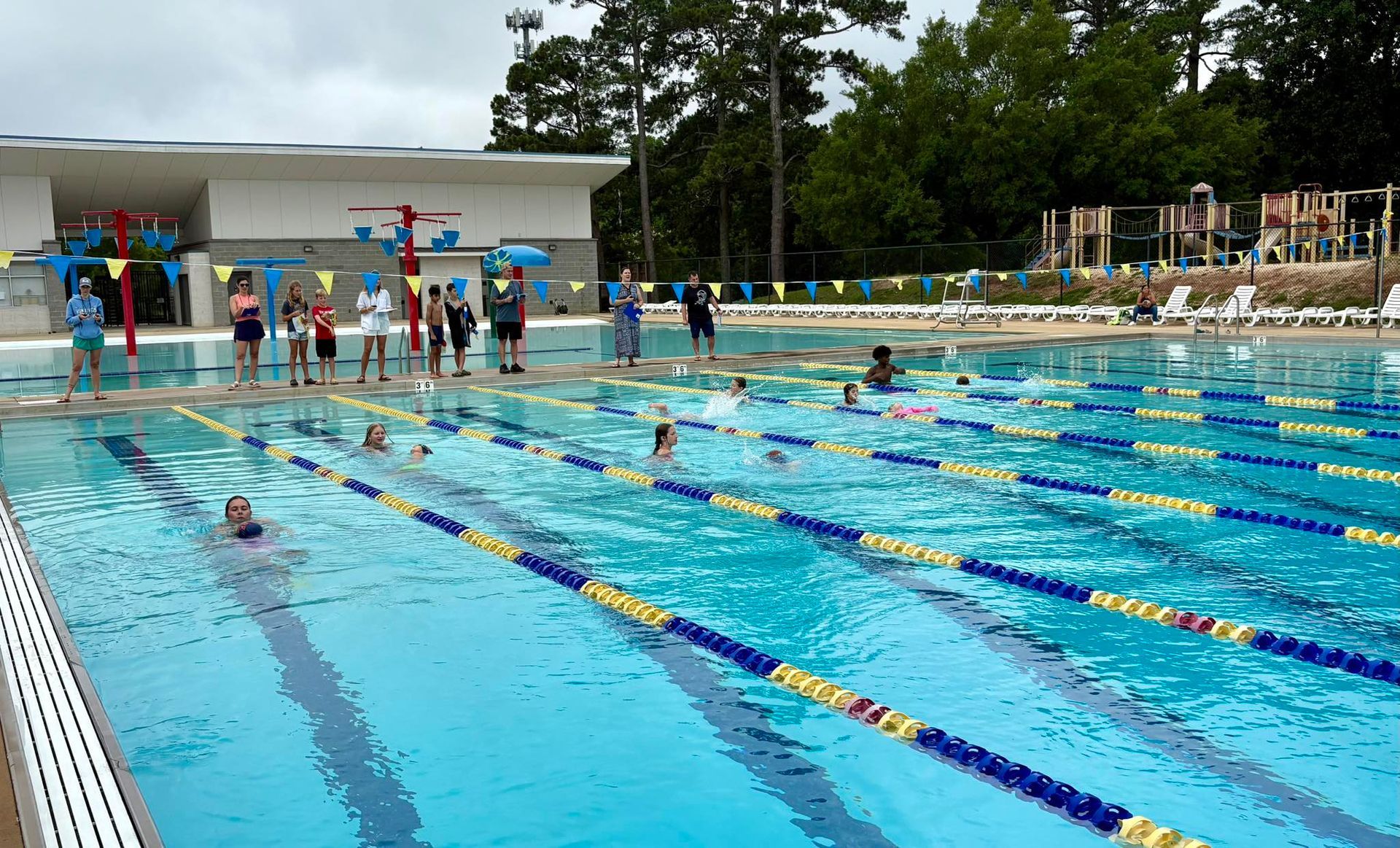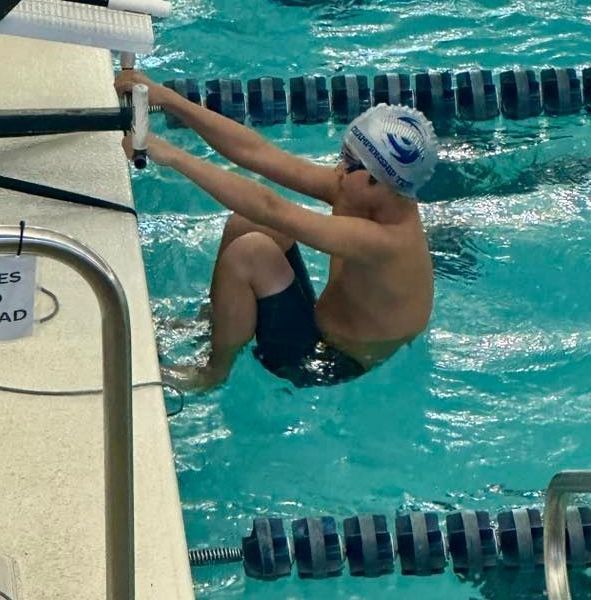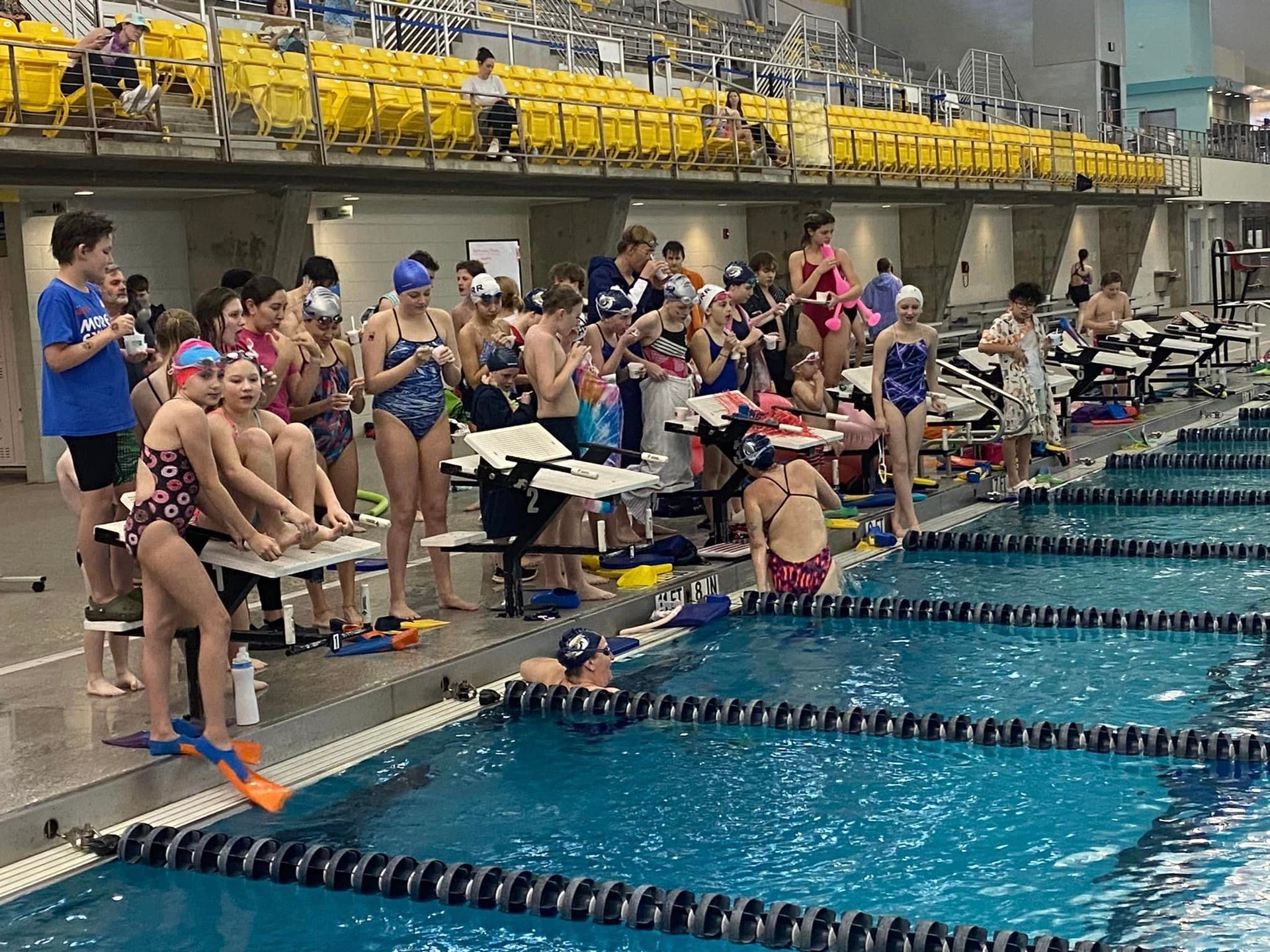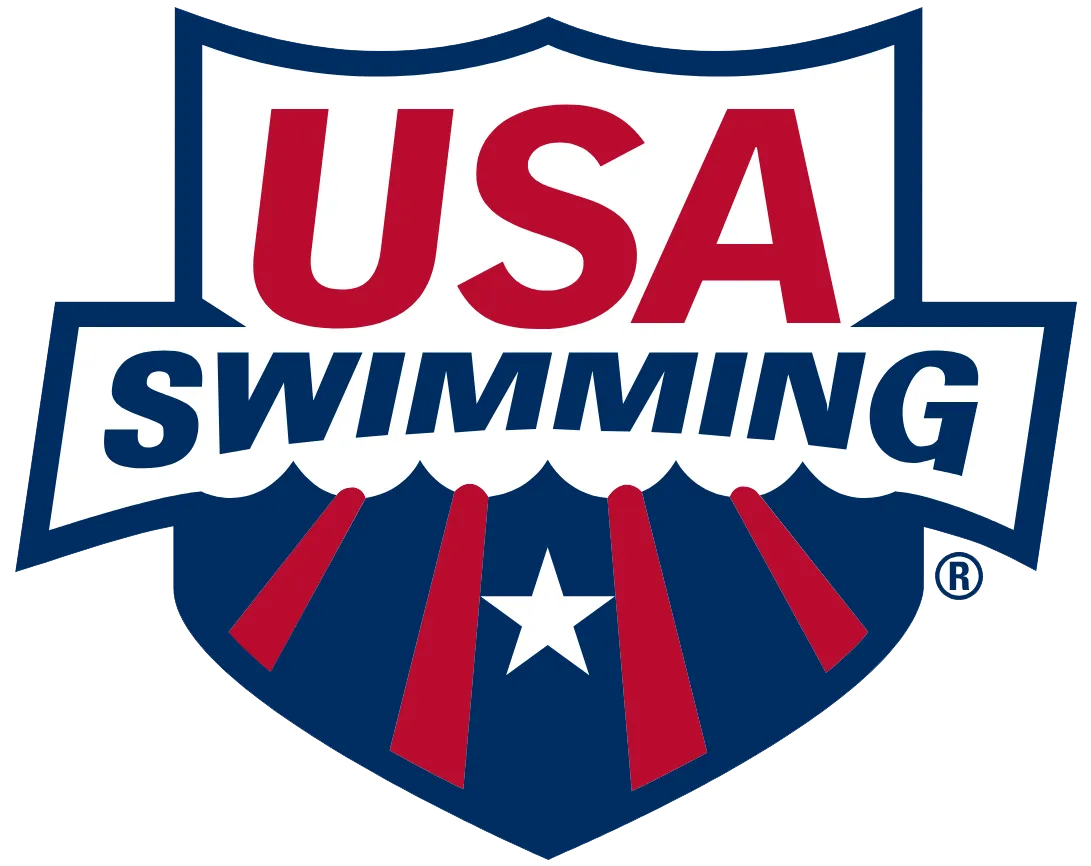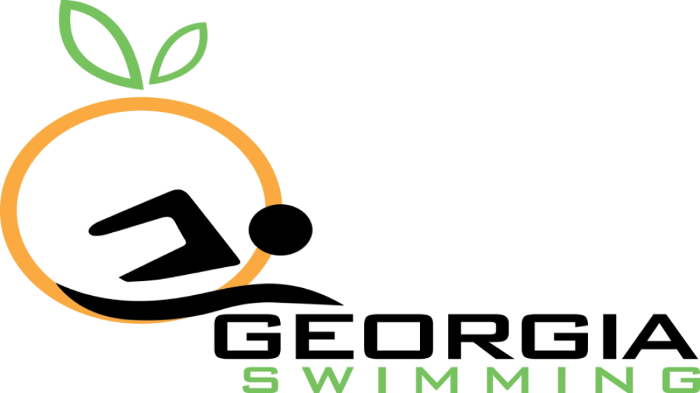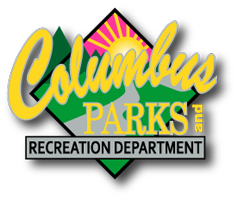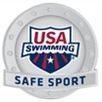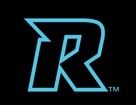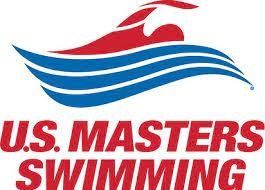By Brian Smith
•
November 18, 2024
When setting your goals it is important to start with the end in mind. Think about your big goals – these are long-term goals you want to achieve in swimming over a few years or more. Consider how swimming fits with your other big goals and write all these goals down so you have an end in mind. Once you have defined your big goals you can begin to create a plan to work toward them Everyone has their own motivations, aspirations and hopes for their swimming experience. Your personal goals are YOUR goals, and I am here to give you feedback and help you structure a plan that helps your pursuit. No matter what your big goals are, you must try to define the process it would take to achieve these goals by establishing some -medium-term goals (let’s say 6 months-2 year) and short-term goals (inclusive of meets and everything within your current season) that will be measuring sticks to evaluate your progress. Each of these goals will then include a structure of daily, weekly and monthly task expectations of yourself. These tasks are a defined part of your personal process for your personal development as you strive to reach your swimming and life goals. They are your personal checks and balance to keep yourself accountable and on track to reach your goals. This system is empowering and helps you build confidence as you either complete tasks you have set to improve yourself or you are able to identify when you haven’t finished assigned tasks and work on ways to improve those outcomes. It is rewarding to know when you have done your best in completing tasks each day or week or month to try to achieve your goals and when you feel like you should have done better you always get another chance the next day, week or month to improve yourself. No one is ever perfect, you will not always achieve your goals, but you are able to learn from the process, give yourself feedback on your progress and you are able to reassess your goals and approach moving forward. This promotes personal growth. Once you have written down your big goals and as you start mapping out your short-term and medium-term goals, make sure you are realistic. Consider your past improvements, perhaps over the last year, and understand that as you achieve at a higher level and get older you may not be able to duplicate the same level of improvements over the same period. Still be specific and write down what you hope to achieve in certain events, but these are just markers and measurements and not the nuts and bolts of your goal process. You now need to spell out the important tasks that will be the foundation for your development to achieve all the goals. Here are a few example of the task measurements that you will be able to define and measure and can consider adding to your list; the number of practices you attend in a week, the number of kicks you are taking of a wall, are you stretching regularly, making a specific interval in practice, improving your times on practice test sets, achieving the appropriate race pace times in practice, starting practice on time every day, improving on dryland training (some will be measurable (reps/weights) some not), regularly holding a streamline, etc. There may be some tasks that may not be as easy to define but could be important focus points such as paying attention to your stroke technique, practicing racing skills, paying attention to specific cues you have been given by your coaches or maybe lifestyle habits like your sleep and nutritional habits. Other important habits you could include, making the practice environment better, by making sure you always know the practice details and by improving the practice atmosphere (i.e. -maybe you make the commitment to encourage at least one teammate at least once a practice). This helps you and everyone else perform better daily. I certainly haven’t mentioned everything that could potentially be a part of a plan or included in your plan. I have detailed some examples, and I have given you some information to sort through on your own so you can get ideas on how others structure their personal goals. I am including another link with another discussion on goal setting and now you must do a little research, and I will give you a work sheet that I want you to work on. Your resources for considering your goals and task-oriented goals are unlimited and only limited by your imagination. You could ask friends who are successful in other sports, read about the journey of other athletes, talk to a parent or relative how they consider their goals whether they were an athlete or have goals set in their career, etc. You are planning for yourself, and these will be your guidelines in your journey. My role will only be to give you feedback on whether your task expectations match up with your desired outcomes.' Links: Goal Setting Tool Kit Goal Setting Form
